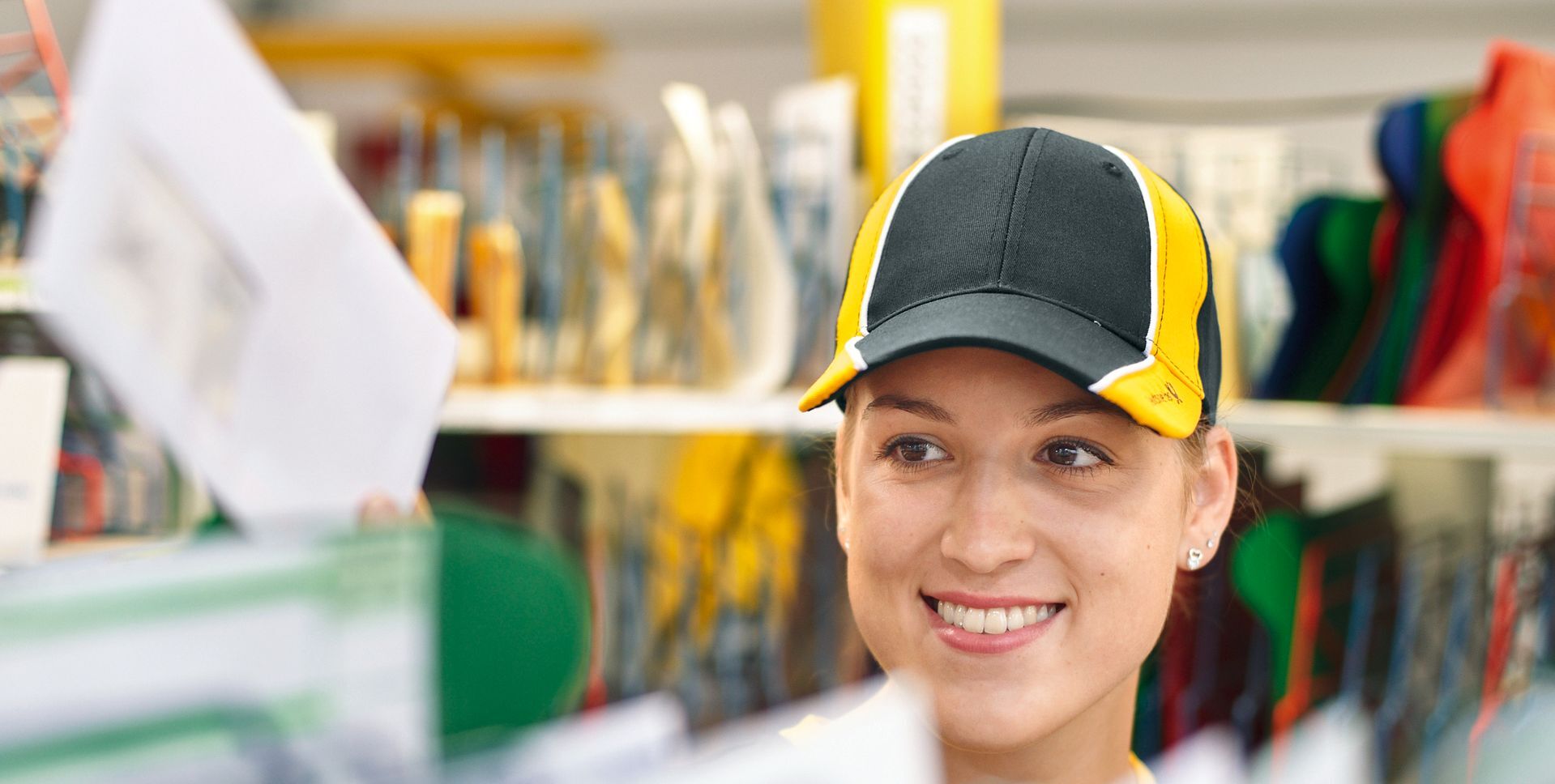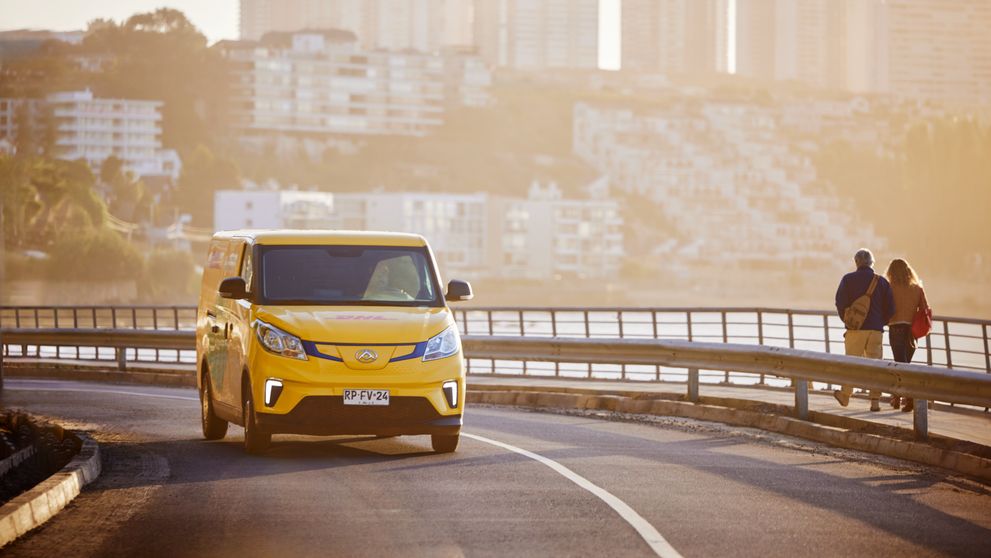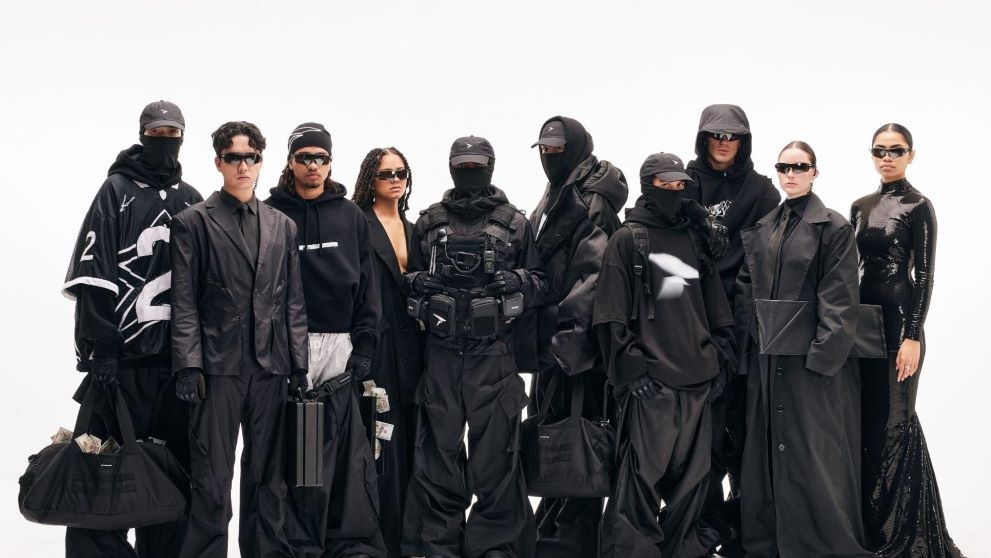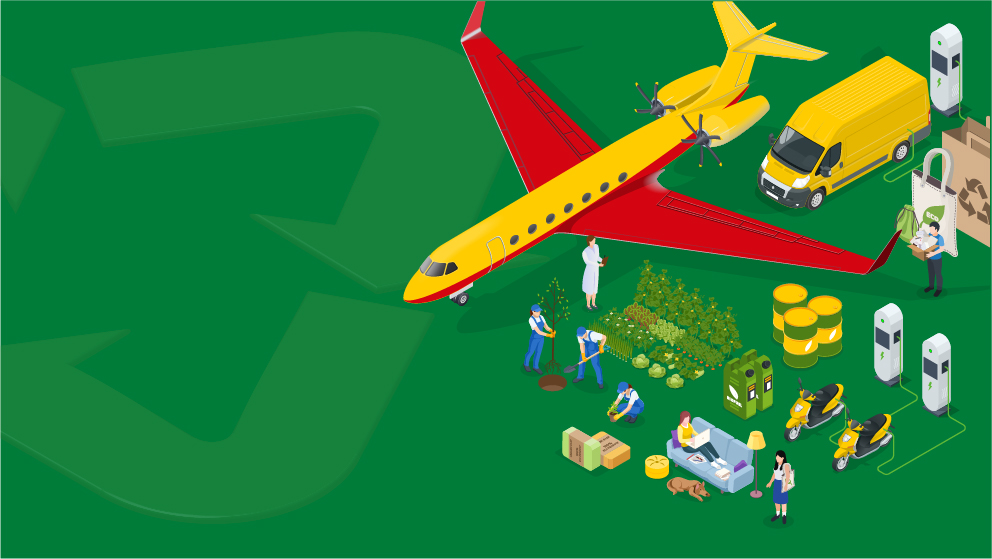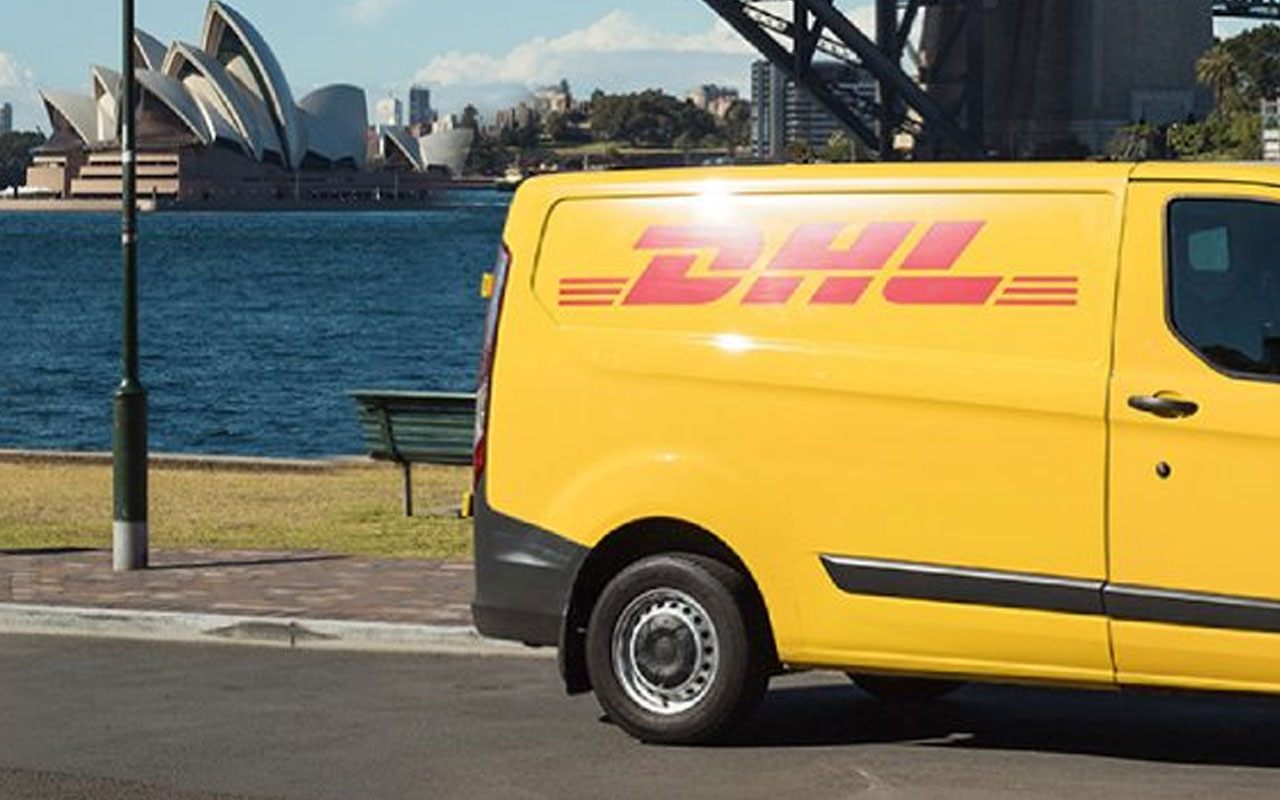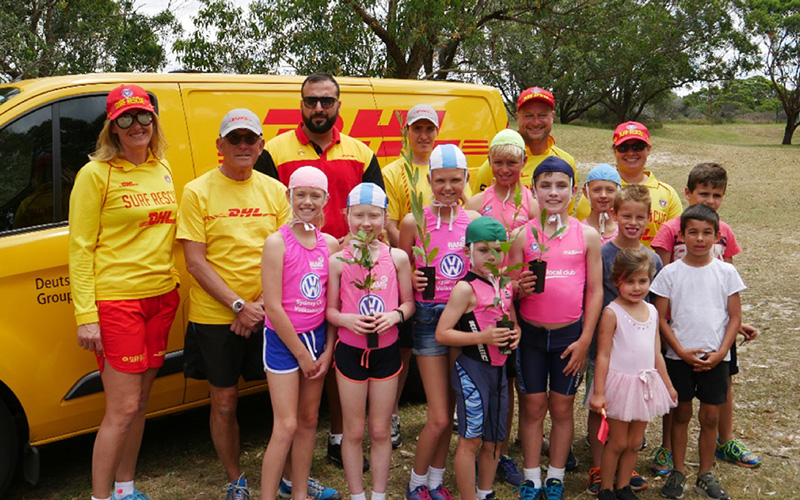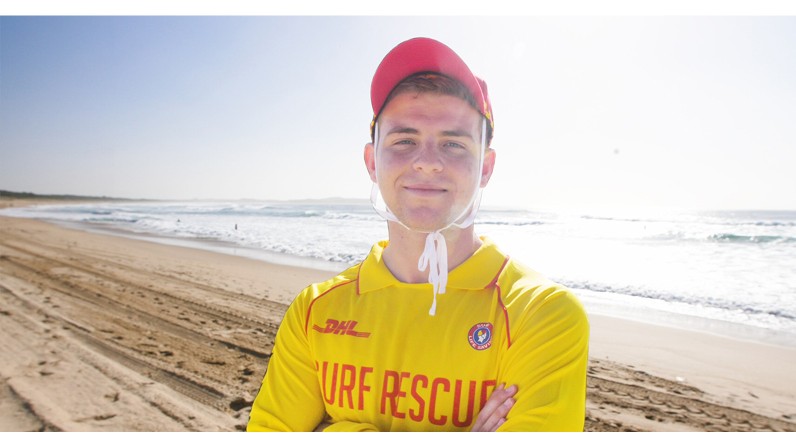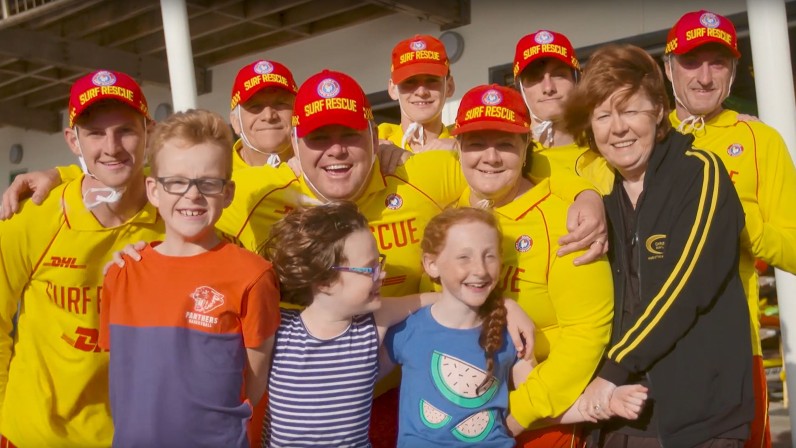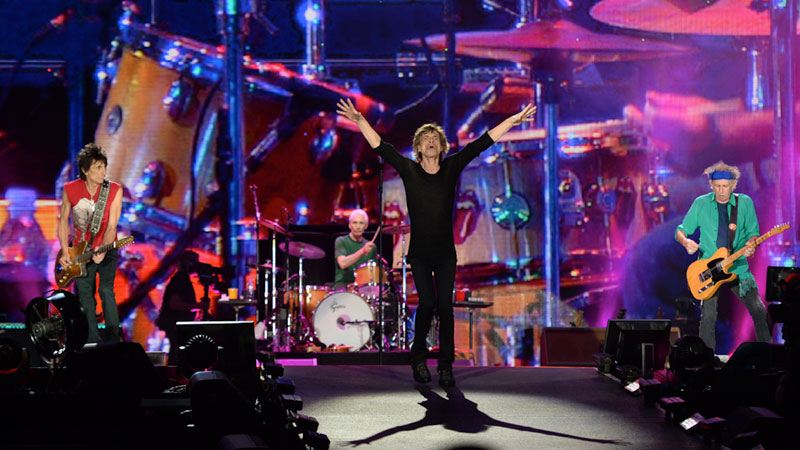From managing S Club 7 with Simon Fuller, to being Global CEO at SyCo records, Charles Garland has seen the music business change radically in the last 30 years. What can your business learn from his unique experience?
Charles arrived in music from a branding background. He’d worked with Audi and Levi’s ad agency BBH in the 1980s, before joining Simon Fuller, who was then riding high with the Spice Girls, at 19 Entertainment. Did they look after the talent with the same methods he’d used when growing a brand of jeans? “Not exactly. You know Simon Fuller is an instinctive marketer and like a lot of people in the music business, he's got great sensory perception. They spot things. Whether it's a stylist, a look, a sound, a song, a production, a delivery. All of those things provide a kind of cocktail of design that, when it comes out at the other end, is refreshingly different.”
The best brands aren’t found in a supermarket
“That was the reason that I left the advertising business. I saw that music and artists could create this incredible passion, far more than advertising can ever do for a brand. If you could apply the same approach that had been perfected by the inanimate world of brands to the entertainment world, you could create something sustainable and powerful. Simon had done that with the Spice Girls, whether by design I don't know, but he latched on to a kind of zeitgeist and grabbed it.”
The devil is in the details
Charles is still in awe of Simon Fuller’s complete vision of how to manage a musical phenomenon: “They sold 20, 28 million albums. Absolute genius. And then of course brilliant, brilliant marketing, brilliant control, brilliant consistency of message, brilliant songs, brilliant styling. You just executed everything brilliantly.”
There are clear parallels between the big paradigms experienced in technology (or in sportswear) and the music business. For instance, when a company (or more likely an individual at the head of a company) creates something ‘game changing’, they aren’t necessarily being wildly original but tapping into multiple narratives and creating something that ‘feels’ new. The really original creators are often overlooked by an audience who only appear for the perfected version.
It’s the same with music. Technologies and music styles always have precedents, but someone will eventually come along and do it so much better. The Beatles weren’t the first ‘beat’ group, but they took much that was happening culturally in 1962 and turned it up to 10. “When rock came along, it was almost like turning a page, trying something completely different. And these things are often driven by individuals.”
Are you brave enough to change the world?
Although there had been tablet computers before the iPad, it took Steve Jobs’ autocratic perfectionism to make one that people noticed, understood and wanted. There were plenty of folk singers before Bob Dylan, but he had the drive to rise above the crowd. Making the most of an opportunity, Charles agrees, comes down to the personality of the person making not just the big decisions, but often all of them. What makes things great is “the autocracy of the man at the top, driving the business with a singular vision and an intolerance for anything less than great.”
Watch other industries or make the same mistakes
So what advice does he have for other businesses? “Sectors are notorious for not really knowing how to understand other sectors around them and learn from them. They just carry on, looking sideways at the nearest competitor, rather than looking at the impact that a changing world has had on other industries. I've always found that quite strange. You know, the music industry was very poor at understanding how they could use television as a way to promote artists. They spent years, spending money making videos and sending them to MTV, who created a business out of that. And then they said ‘well hang on, we funded that’. Then when MTV declined, they'd lost all that money. iTunes came along as the first legitimate digital sales mechanism and it wasn't owned by the record companies. It was some computer company that owned it. The record business was, again, completely blind-sided.”
It took 14 years, between 1999 and 2013, for the music business to recover from digital. Although it’s now making money again, it employs far fewer people and invests less in New Product Development (new artists) than in its 70s-90s heyday, when nine artists in ten were allowed to fail, as long as the tenth was a hit. “The music business had to shrink. It’s now a completely reinvented industry. You haven't got sales forces anymore. You haven't got people driving round in cars with stock. You haven't got warehouses. It's a completely lean new value chain.”
Lessons must be learned, says Charles, especially around helping ‘bricks and clicks’ co-exist to each other’s mutual benefit: “There's going to be an absolute calamity in retail unless they get their heads around the fact that they've got to co-exist with e-commerce.”
Digital erodes intimacy. It’s up to brands to bring it back
Brands can learn from music, by finding ways for people to touch the products physically, or at least have a ‘real-life’ perception of them. Whether it’s a Virtual Reality headset experience of a new car, or an innovative sampling model, it’s vital that e-commerce escapes the screen.
“Take the Rolling Stones exhibition and Pink Floyd and David Bowie, or Alexander McQueen in fashion. People want to get up close and touch it. And they want a 3D immersive experience. From a product point of view I can get any music I want at the touch of a button, thank you very much and on the emotional side, but I still want contact; I want experience, I want to feel something. Hard to get that out of a phone isn't it, or a computer?”






